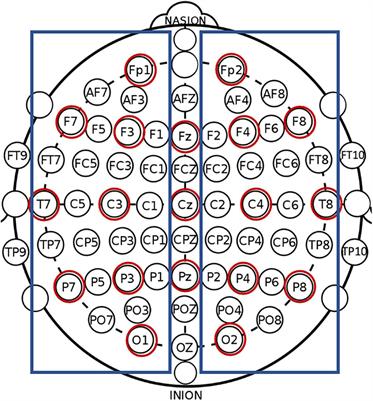ORIGINAL RESEARCH
Published on 22 Sep 2022
French Phonological Component Analysis and aphasia recovery: A bilingual perspective on behavioral and structural data
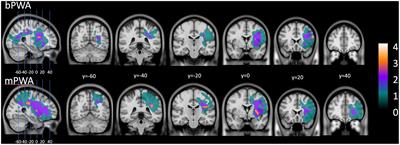
doi 10.3389/fnhum.2022.752121
- 3,887 views
- 4 citations
9,101
Total downloads
53k
Total views and downloads
ORIGINAL RESEARCH
Published on 22 Sep 2022

SYSTEMATIC REVIEW
Published on 25 Oct 2021
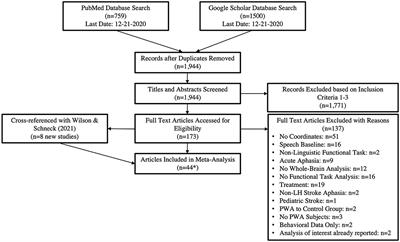
ORIGINAL RESEARCH
Published on 12 Aug 2021
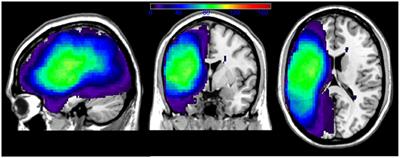
ORIGINAL RESEARCH
Published on 25 Jun 2021
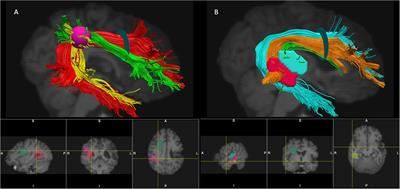
ORIGINAL RESEARCH
Published on 22 Jun 2021
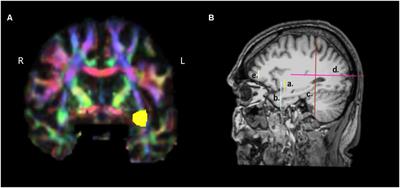
ORIGINAL RESEARCH
Published on 20 May 2021
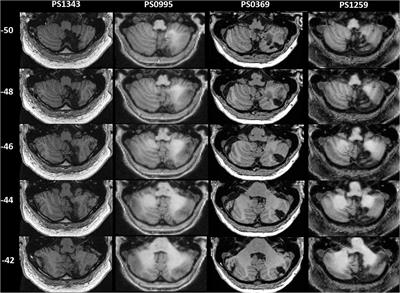
ORIGINAL RESEARCH
Published on 17 Mar 2021
